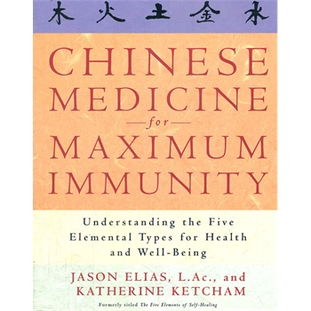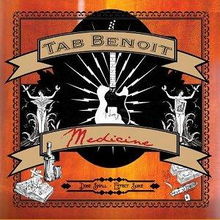
Understanding Medicine for Tick Bites: A Comprehensive Guide
Tick bites can be a cause for concern, especially if you’re in an area where ticks are prevalent. The good news is that there are various treatments available to alleviate the symptoms and prevent complications. In this article, we’ll delve into the different types of medicine for tick bites, their uses, and how to choose the right one for you.
Over-the-Counter Medications

Over-the-counter (OTC) medications are the most common and accessible options for treating tick bites. Here are some of the most popular ones:
| Medication | Active Ingredient | Use |
|---|---|---|
| Hydrocortisone Cream | Hydrocortisone | Relieves itching and inflammation |
| Antihistamines | Antihistamines (e.g., diphenhydramine, cetirizine) | Reduces itching and swelling |
| Ibuprofen or Acetaminophen | Ibuprofen or Acetaminophen | Relieves pain and reduces inflammation |
Hydrocortisone cream is particularly useful for soothing the skin around the bite area. Antihistamines can help alleviate itching and swelling, while ibuprofen or acetaminophen can provide relief from pain and reduce inflammation.
Prescription Medications

In some cases, you may need a prescription medication to treat a tick bite. Here are a few options:
- Doxycycline: This antibiotic is often prescribed for treating tick-borne diseases such as Lyme disease. It’s important to start treatment as soon as possible after a tick bite to prevent the disease from spreading.
- Amoxicillin: Another antibiotic that may be prescribed for tick-borne diseases, particularly in children.
- Levaquin: This antibiotic is sometimes used for treating tick-borne diseases, but it’s not the first-line treatment due to potential side effects.
It’s crucial to consult with a healthcare professional before starting any prescription medication, as they can help determine the best course of treatment based on your specific situation.
Home Remedies

While not a substitute for medical treatment, some home remedies can help soothe the symptoms of a tick bite. Here are a few options:
- Apple Cider Vinegar: Soak a cotton ball in apple cider vinegar and apply it to the bite area. The acidity can help kill any bacteria and reduce inflammation.
- Tea Tree Oil: Known for its antibacterial and antifungal properties, tea tree oil can help soothe the skin and reduce itching.
- Aloe Vera: Aloe vera has cooling properties that can help soothe the skin and reduce inflammation.
Before using any home remedies, it’s essential to ensure that you’re not allergic to any of the ingredients. Additionally, if you experience severe symptoms or have concerns about your tick bite, it’s best to consult with a healthcare professional.
Preventing Tick Bites
Preventing tick bites is always better than treating them. Here are some tips to help you avoid ticks:
- Wear Protective Clothing: When spending time in tick-infested areas, wear long-sleeved shirts, long pants, and closed-toe shoes.
- Use Insect Repellent: Apply an insect repellent containing DEET, picaridin, or IR3535 to your skin and clothing. Follow the instructions on the label for proper application.
- Perform Tick Checks: After spending time in tick-infested areas, perform a thorough body check for ticks. Pay close attention to areas where ticks are most likely to hide, such as the scalp, armpits, and groin.
- Remove Ticks Properly: If you find a tick, remove it using tweez



